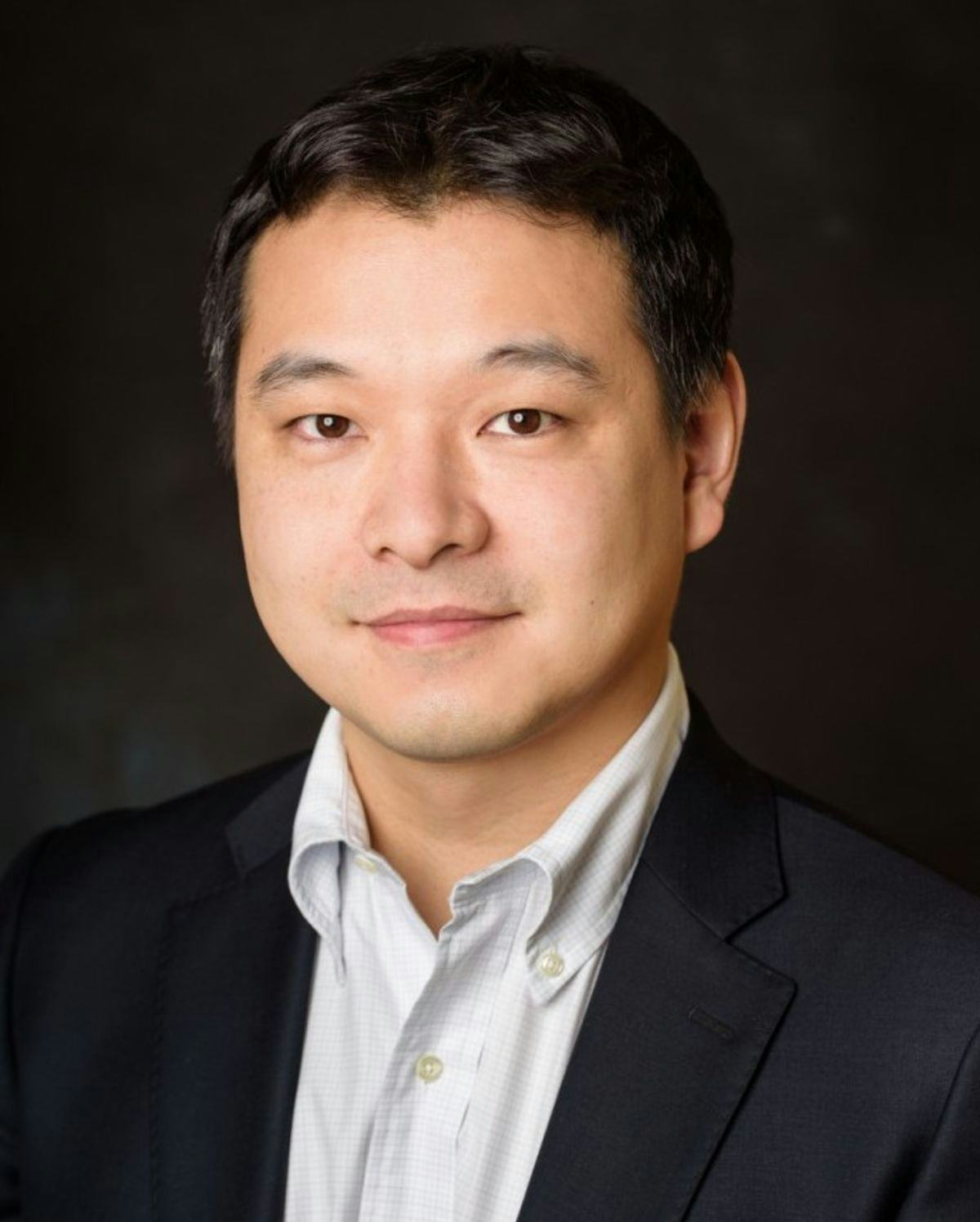Jae Chul Kim and Samsung SDI Team Up to Support More Powerful Batteries
Through this research, the team aims to improve understanding of the behavior of lithium-ion batteries
Jae Chul Kim, professor in the Department of Chemical Engineering and Materials Science at Stevens Institute of Technology, is collaborating with battery and electronic materials manufacturer Samsung SDI to address one of today’s biggest challenges in battery technology. In his new project, “A Study on the Improvement of Life and Storage Characteristics of Cathode for High Voltage,” Kim and his team will investigate interphases between a cathode and an electrolyte, and tailor their electro-chemo-mechanical properties for next-generation lithium-ion batteries.
The future of electric vehicles will be driven in part by the ability to design battery materials that can store a large amount of electrons per unit volume. Lithium transition metal oxides (LiTMO2) show promise in this area, but how to effectively control their behaviors at high voltage is still not fully understood. To better design high-voltage cathode materials, the industry needs to establish a unified understanding about how cathode particles form, transform, and function.
Kim and his team will be exploring materials design and processing principles of a longer-lasting LiTMO2 cathode. First, they will develop an understanding about how transition metal compositions affect the reversible lithium extraction and insertion. They will clarify the effect of doping chemistry on the LiTMO2 physicochemical properties.
“By navigating these coordinates,” Kim said, “we aim to engineer crystallite size, composition gradient and surface morphology of synthesized LiTMO2 particles to obtain highly reversible lithium cycling performance to support the next generation of electric vehicles and other innovations.”


